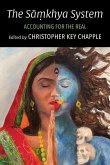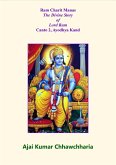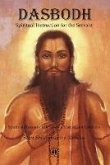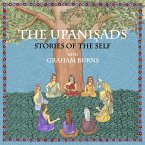Dnyaneshwar Maharaj naturally composed this work in contemporary Marathi in the traditional ovi style verse. To this day, melodious singing of these verses can be heard in Indian villages.
Dnyaneshwar Maharaj, taking into account that the reader would most probably be a rustic farmer or a villager, has used numerous similes and examples from nature and day-to-day life to explain the Gita shlokas. In this translation, meant for today's well-educated reader, all superfluous similes and examples have been omitted to ensure a smooth flow of philosophical thought without digression. In addition, while maintaining the original order of the numbered verses the text has been paragraphed for a group of consecutive verses dealing with the topic under discussion providing headings and sub-headings to the paragraphs thus making the text easily tractable, permitting a convenient back-reference for a given topic.
Dnyaneshwari is not a book just to be read and kept aside. It is a guide, loaded with eternal wisdom, to be read over and over again and each reading brings out an entirely fresh take on life.
Dieser Download kann aus rechtlichen Gründen nur mit Rechnungsadresse in A, B, CY, CZ, D, DK, EW, E, FIN, F, GR, H, IRL, I, LT, L, LR, M, NL, PL, P, R, S, SLO, SK ausgeliefert werden.









